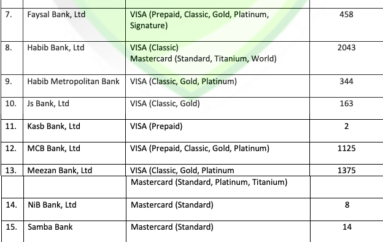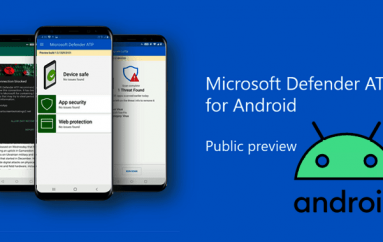
Non-removable Android Malware Infects System Process to Remove Pre-Installed Apps & Gain The Root Access
Researchers observed a new variant of Android.Xiny malware with an improved self-defense mechanism. The malware targets only the older versions of the Android devices and gains the complete root access of the vulnerable Android device.
It infects Android device version Android 5.1 and below, according to a Google report dated May 7, 2019, 25.2% of users are still using Android 5.1 and below devices.
These vulnerable devices in this list that will never be patched, so it is little wonder that malware developers are still interested in them. By exploiting the said vulnerabilities, attackers can gain root permissions and enjoy free rein in a system, with the ability to do whatever they please.

The malware Android.Xiny was first observed in 2015, it’s activities include establishing remote access connections, capturing keyboard input, collecting system information, dropping other malware. performing DoS attacks.
Additionally Android.Xiny.5261 removes some preinstalled apps to free up some storage space and also it removes applications that are commonly used to administer root privileges.
On the infected device, attackers install apps that comes under pay-per-install referral programs for monetary benefits. In some cases, they use to install tons of harmless apps which may render the device non-operational.
The new version of the malware has a two-tier defense, “its installer removes applications that can grant root access to a user, whilst the altered library file libc.so prevents users from installing the programs again,” reads Dr.Web blog post.
Attackers acquire root privileges with old Android devices by exploiting the vulnerabilities, on the root permission acquired the installer module gets launched.
Once launched it updates “/system/bin/debuggerd and /system/bin/ddexe” to get launched automatically and also updates system directories. It also contains a list of apps and files to delete from the device, to free up memory space.
The next file is the modified version of the libc.so, which replaces the original one, attackers make these changes aimed to block the apps that can be used to get the root privileges.
The malware modifies the following routines mount, execve, execv, execvp, execle, execl, execlp, with the modified exec* routines, the application won’t run exploits with elevated privileges.
If you have the device infected with this type of malware, the best option is to reflash the drive with official firmware, but keep in mind all the data will get deleted.
This post Non-removable Android Malware Infects System Process to Remove Pre-Installed Apps & Gain The Root Access originally appeared on GB Hackers.






